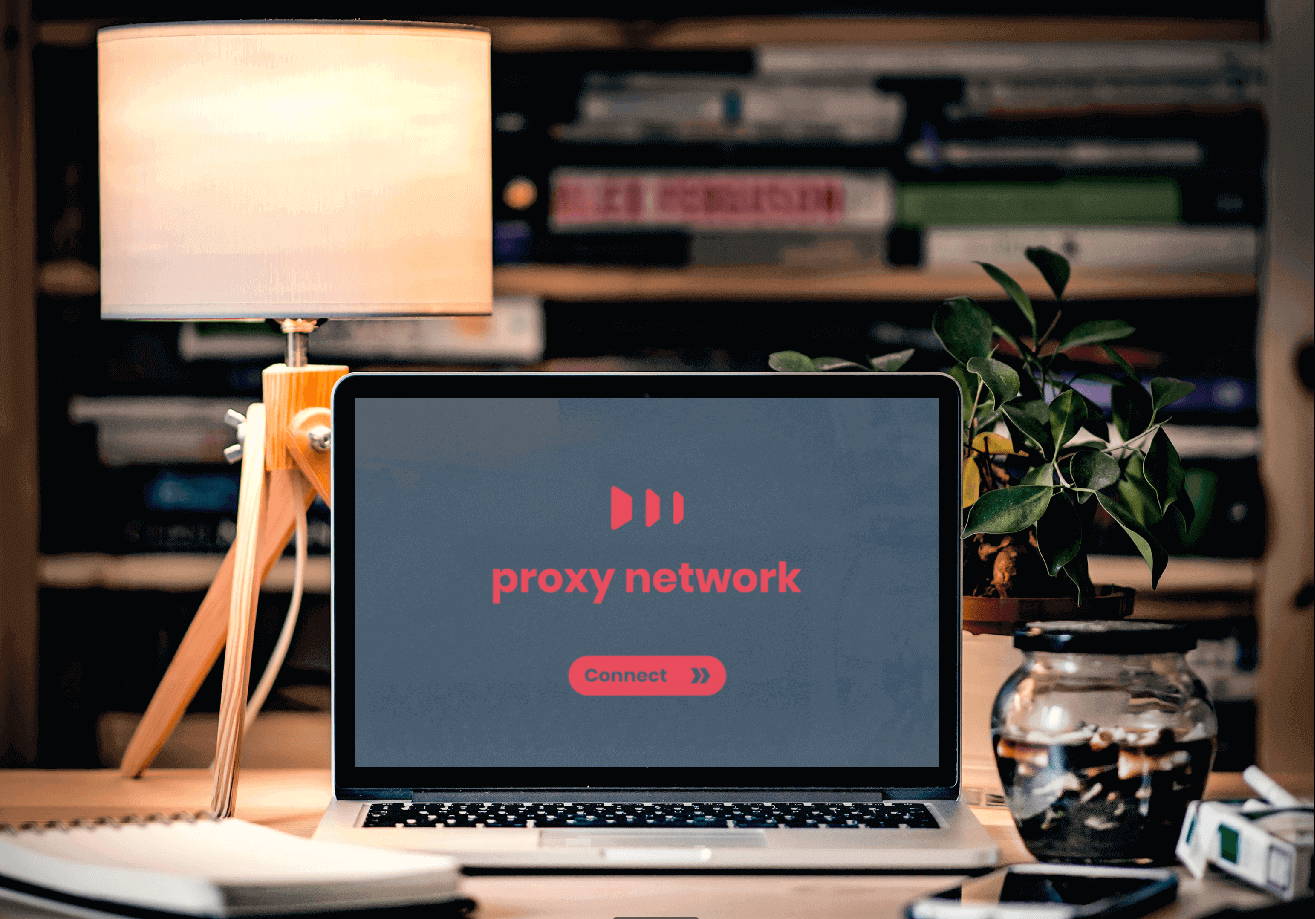Protecting your privacy online is becoming a necessity rather than an option. Websites and advertising networks are using more intrusive methods to track your activities online for various purposes. There are also new technologies such as device fingerprinting being used to keep you monitored across multiple devices.
There are ways to avoid this kind of intrusive tracking, with VPNs being the more popular option. However, VPNs, especially free ones, can also log your online activities, which poses additional risks rather than eliminate existing ones. The best way to protect yourself online is by setting up your own proxy or VPN server, and you can now do that easily.
Renting an IP Address
Data centers and cloud service providers are now offering service packages that are both reliable and affordable. With root access and complete control over the cloud resources allocated to your account, you can configure the cloud server to act as an intermediary to the servers you want to access.
The service is called VPS or cloud VPS, and it is available for as little as $5 per month. A decent server configuration will get you fast performance, a good internet backbone, and enough server resources to run other applications you may need, including a VPN or a proxy server.
The easy way to go is using a residential proxy provider with a valid IP address that you can use out of the box. Smartproxy is a good example of a proxy provider with reliable service, good security, and a residential IP pool that will keep you anonymous whenever you browse the internet.
Alternatively, you can continue with setting up your own VPN server; it takes no more than a few minutes. You start by creating a cloud server with CentOS, Debian, or Ubuntu as your operating system. With service providers like DigitalOcean, this is done from the account management interface.
You can then continue with installing a VPN server. OpenVPN is the most popular option for this, but there are other solutions to choose from. OpenVPN is particularly popular because it is available for almost all operating systems, including Windows and Linux.
You also want to add a valid TLS/SSL certificate to secure your use of OpenVPN, and then install EasyRSA to manage your root certificates. EasyRSA creates a root certificate authority and signs certificates for the server to use.
The last step is configuring your new VPN server. You do this by creating an OpenVPN service and adding details – such as details about client and server certificates – for the service to use. Edit the server.conf file of OpenVPN and then restart the server.
Why Use Your Own VPN?
There are several reasons why you want to create your own VPN server, the first one being the added security it offers. You can still have a static IP address as allocated by the cloud service provider, but you also gain the flexibility of having a VPN server that you can customize.
With a cloud server based in the US, you can use your VPN server to access content and websites that are not available to the rest of the world. It is not uncommon for services like Netflix and Amazon Prime to limit the content they provide by region, and a VPN is a way to bypass that.
Another big advantage of setting up a VPN server is anonymity. Whenever you browse the internet, you are using the server’s IP address. With most cloud servers, you can request IP address change for a small fee, so you can renew the life of your VPN server rather easily.
On top of that, there is the benefit of being anonymous online itself. You can get better deals on retailer websites, buy tickets and book hotels at lower prices, and gain other advantages that you will not be able to gain when you are being tracked online.
A Rewarding Process
There is something about setting up your own VPN server that’s incredibly rewarding. You are in complete control of the process so you know that you can take the necessary steps to secure yourself online. You also can provide access to the rest of your family, allowing you to protect everyone with a single VPN service.
There is also something satisfying about saving money while still getting the most benefits. Since you are not paying for advertising or other expenses that conventional VPN service providers normally pay, you also save a significant amount of money in the long run. All you need is a reliable cloud service to begin with.
As mentioned earlier, however, using a residential proxy service is a simpler alternative worth considering. You only need to sign up for a single service and immediately enjoy the benefits of being anonymous online as well as the added security that comes with using residential proxies.


